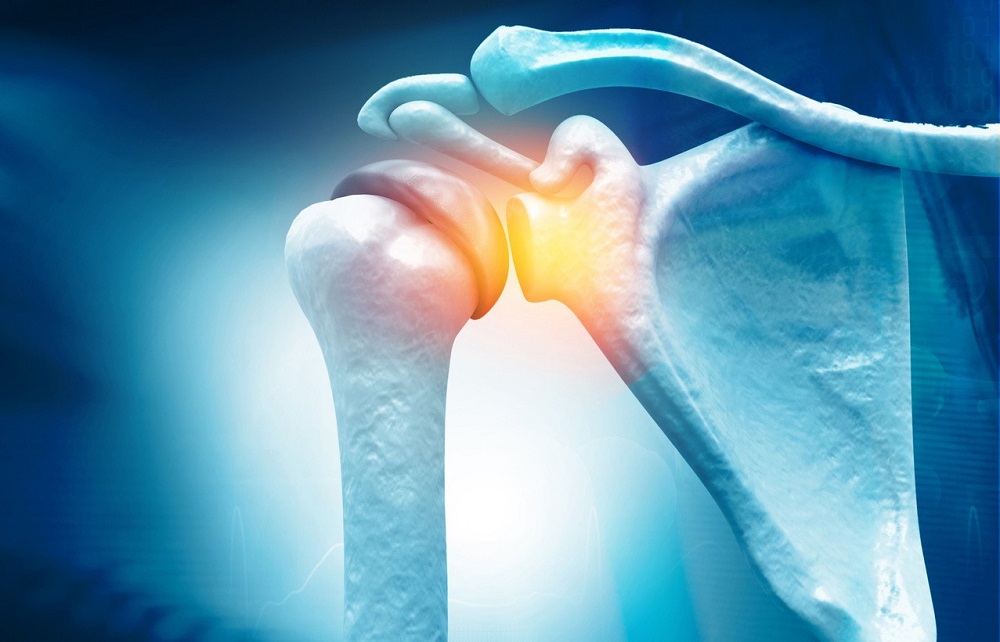Introduction
Frozen Shoulder (หัวไหล่ ติด, which is a term in Thai) refers to the stiffness in the shoulders, thereby reducing the movement. People tend to mix arthritis with frozen shoulders. But both of them are different. Frozen shoulder is also known as adhesive capsulitis. It can affect people of age between 40-60 years. The chances of women getting frozen shoulder are high than men. Therefore, it can affect single or both the shoulders.
Symptoms
The symptoms of frozen shoulder are grouped into three phases:
- Freezing Phase- The freezing phase involves stiffness and pain in the shoulders. The pain gradually increases and aggravates at night. It is strenuous to move the shoulders. Thus, the freezing phase lasts for about six weeks to 9 months.
- Frozen Phase- In this phase, pain decreases, but the stiffness in the shoulders persists. It makes a person inefficient to do day-to-day activities. This phase lasts for 2-6 months.
- Thawing (Recovery) Phase- The mobility of the shoulder improves, and the pain subsides. The recovery starts taking place. This phase lasts for six months to 2 years.
Causes
There are three bones in the shoulder: humerus, an upper arm bone, collarbone, and shoulder blade. The shoulder contains a ball-and-socket joint. It is where the upper arm bone fits the socket. The shoulder capsule, a kind of connective tissue, adjoins the joint. The presence of synovial fluid helps in the movement of the joints without friction.
A Frozen Shoulder may take place when scar tissue forms in the shoulder. It makes the capsules of the shoulder joint thicken and stiffen, leaving no or little space for movement. It causes stiffness and pain in the movement.
However, the exact cause remains unknown, and it is not always identified. Significantly, it may also result from a recent fracture or injury. This condition is more common in diabetic patients.
Treatment
Treatment aims to relieve the pain of the shoulder and restore mobility of the arms. Though the recovery may be slow, symptoms can remain for several years. Some of the ways to relieve pain are:
- Painkillers- The prescribed painkillers may often reduce pain and discomfort in the shoulders. The painkillers might not suit every patient. Hence, it is significant to consult your doctor.
- Compression Packs- Hot or cold compressions also reduce pain and swelling. It depends on whether a cold pack or a hot compressor will lessen the pain.




